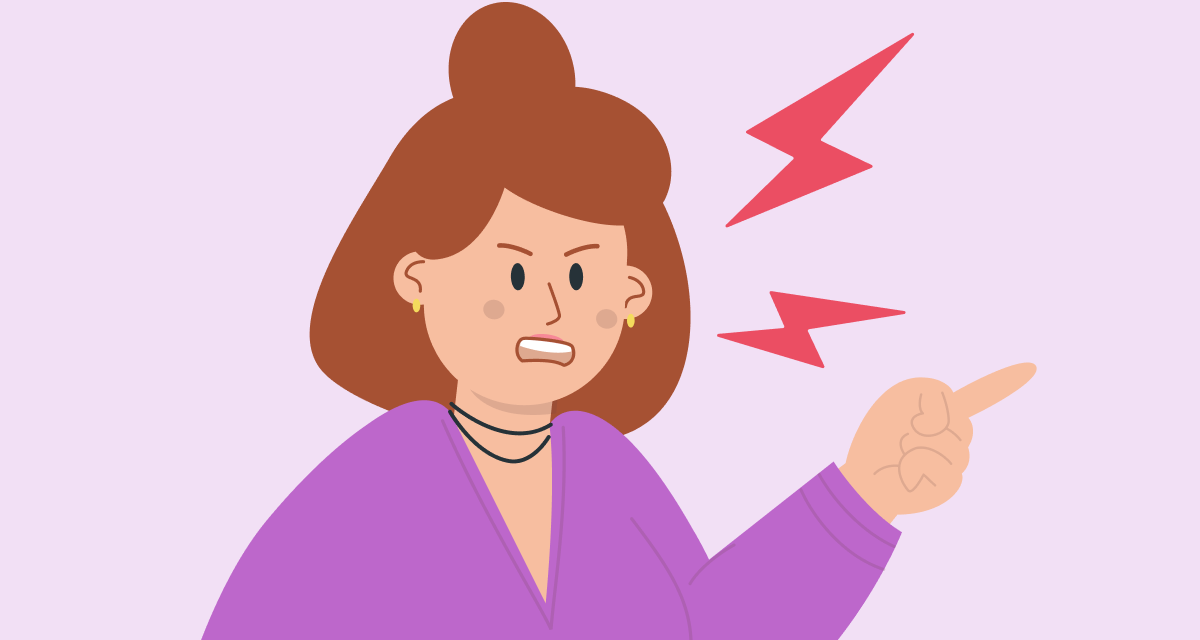How to Stop Before You Yell at Kids

There are moments when your child’s behavior triggers intense irritation, and you can feel the tension building inside. If that’s ever happened to you, you’re not alone.
This article isn’t about blame, it’s about support. We’ll share strategies that can help you pause in a difficult moment.
What’s Behind the Yelling
Yelling isn’t about being a “bad parent.” It often comes from exhaustion, anxiety, or overwhelm. The brain goes into self-protection mode, and emotions take over.
Feeling this way is normal. What matters is not suppressing emotions but learning to process them with care.
Why Yelling Doesn’t Work
When you yell at a child, they hear the threat, not the meaning. Teens often respond with aggression or withdraw. Younger kids may simply feel scared.
Sometimes it might seem like yelling “worked” — the child started listening or stopped the behavior. But that’s not real understanding, it’s a fear reaction.
Research shows that children in these moments obey because of internal tension and a desire to avoid another outburst, not because they truly understood what was wrong. This doesn’t build lasting self-regulation or an understanding of boundaries.
Frequent yelling can damage trust and closeness over time, increase anxiety, and lead to self-esteem and behavior issues.
Studies have found that children whose parents regularly yell are more likely to be aggressive or withdrawn, have higher anxiety, lower self-esteem, and be more sensitive to criticism. They also have a harder time managing their own behavior and forming healthy relationships with peers.
Yelling doesn’t help you either. After an outburst, you may experience guilt, irritation, and fatigue. The good news is there are ways to manage tension and maintain your connection with your child.
What to Do When You Feel Like Yelling: 7 Ways to Help Yourself
When emotions are running high, it can be hard to pause. But these strategies can help you regain your footing, and stay connected with your child.
- Take a pause. Even 10 seconds can change the course of a conversation. Step out of the room, turn away, splash your face with water—any action that signals to your body: “The danger has passed.”
- Breathe and name the feeling. Say to yourself, “I’m angry. This is hard right now.” Naming the emotion helps your brain lower its intensity. This isn’t a weakness—it’s a skill.
- Say “stop” and do something simple. Plant both feet on the floor and feel your weight. Drink some water. Look for something calm and neutral like an object that’s green. Simple actions like this bring you back to the here and now.
- Shift the focus from your child to yourself. Instead of asking, “Why is he doing this?” ask, “What’s going on with me right now?” This moves you from blame to self-care.
- Delay the conversation. If you feel you’re losing control, say, “I’m angry right now. Let’s talk later.” It’s okay not to solve everything in the moment.
- Keep the connection with words. Even in strong emotions, you can say, “I love you, but I’m having a hard time. I’ll come back when I’ve calmed down.” This teaches emotional regulation by example.
- Thank yourself for stopping. If you managed to pause, acknowledge it: you did it. Even if you walked out and slammed the door but didn’t yell—that’s progress.
If You Couldn’t Stop Yourself
You will not be calm all the time. If you lose it, it’s not the end.
Tell your child, “I’m sorry I yelled. I was having a hard time, but it’s not your fault.” This helps restore the bond and shows that you’re still there. A child learns more when they see an adult admit a mistake and repair the connection.
It’s not easy to stay calm when you feel like boiling inside. But you’re trying. You’re reading this article, which means you’re already looking for ways to be there for your child and take care of yourself in hard moments.
References:
- The Psychological Effects of Yelling, Taylor Counseling Group, 2025
- Taking Steps Toward Becoming a No‑Yelling Parent, Jai Institute of Parenting, 2024
- Longitudinal Links between Fathers’ and Mothers’ Harsh Verbal Discipline and Adolescents’ Conduct Problems and Depressive Symptoms, Child Development, 2014
- Yelling Doesn’t Help, May Harm Adolescents, Pitt‑Led Study Finds, University of Pittsburgh News, 2013
Проверьте электронный ящик



















